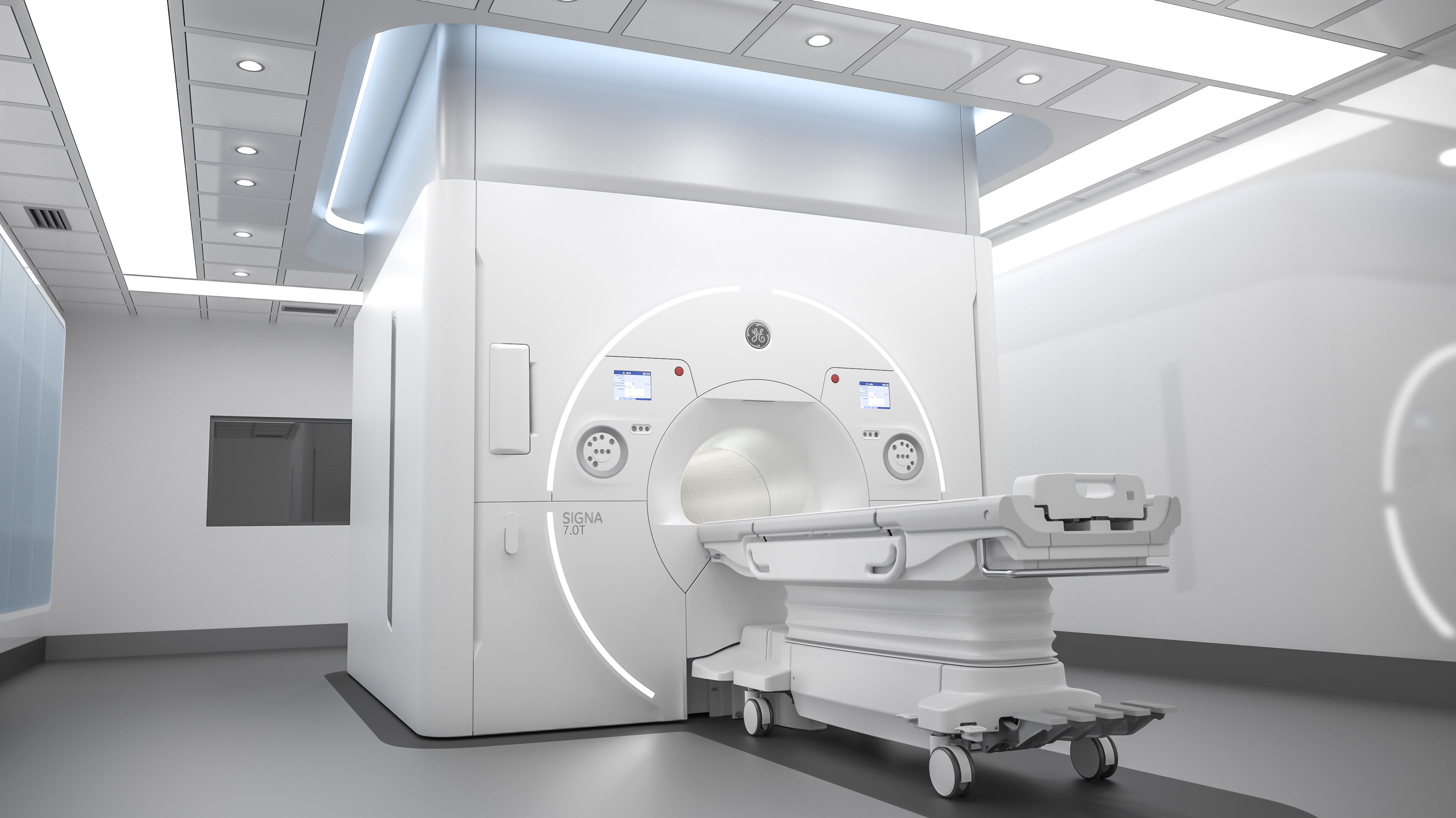Clinical Trial for Multiple Sclerosis Treatment to Use 7T MRI
Images

The FDA has authorized an Investigational New Drug (IND) application for Synaptogenix, Inc.’s Bryostatin-1 as a potential treatment for multiple sclerosis (MS). The fully-funded, open-label clinical trial will be held and managed at Cleveland Clinic Neurological Institute's Mellen Center for Multiple Sclerosis. The study will utilize 7T MRI technology to identify biomarkers for evaluating Bryostatin-1's impact on the brain.
Robert Fox, MD, Vice-Chair for Research, Neurological Institute, Cleveland Clinic, and principal investigator for the Bryostatin-1 trial commented, "Our study will apply state-of-the-art MRI technology together with behavioral and cognitive measures to evaluate treatment with investigational Bryostatin-1. Research and development of this drug could yield potential benefits for patients with MS."
"While cognitive decline is broadly recognized as a prevalent symptom of multiple sclerosis, the mechanisms underlying cognitive impairment remain obscure and inadequately studied in clinical trials," said Dr Alan Tuchman, Chief Executive Officer of Synaptogenix. "We seek to address this unmet need, with minimal expense, and look forward to launching our effort by enrolling/dosing our first patient in the near future."
Bryostatin-1 is a small molecule that works by activating protein kinase C (PKC) enzymes required for maintaining synapse health and is involved in learning and memory. The therapy may also enhance anti-inflammatory efficacy to prevent degradation of the insulating sheath around nerve fibers.
"Bryostatin-1 has been shown in preclinical studies, through its activation of PKC enzymes, to prevent synapse loss and neuronal death, to ameliorate inflammation, and reduce the onset of neurologic deficits," added Daniel Alkon, MD, President and Chief Scientific Officer. "These preclinical data suggest that Bryostatin-1 has promising potential as a therapeutic agent for MS and perhaps more so for progressive forms of MS."
Related Articles
Citation
Clinical Trial for Multiple Sclerosis Treatment to Use 7T MRI. Appl Radiol.
July 3, 2024